Chinese court jails 10 Hong Kong fugitives, returns 2 minors
A Chinese court has sentenced 10 of the 12 Hong Kong fugitives who sought to flee to Taiwan by boat to up to three years in prison.
On Wednesday, the Yantian District People’s Court in the city of Shenzhen sentenced Tang Kai-yin and Quinn Moon to three years and two years, respectively, for organizing an illegal border crossing.
Eight others received seven-month sentences for illegally crossing the border, the court said, adding that all 10 were also fined up to 20,000 yuan (3,060 dollars).
The lawyers of the accused said the sentences were too heavy and claimed that the allegation of organizing a border crossing had not been substantiated.
Earlier in the day, a district prosecutor said the two minors among the so-called “Hong Kong 12” would not be charged and would be returned to Hong Kong authorities.
The decision was made after the two minors agreed to “willingly admit to their guilt and accept punishment,” the prosecutor said.
The two teenagers will arrive back in Hong Kong around noon on Wednesday.
Hong Kong police said it would hold a press conference just before noon regarding the transfer of the pair, without elaborating.
The 12 Hong Kongers were detained on August 23 by Chinese law enforcement for illegal entry into the mainland as they were trying to flee to Taiwan by sea.
The Hong Kong government ruled out any interference in the case at the time, saying that their “crime falls within the jurisdiction of the mainland.”
The arrests were made after Hong Kong enacted a security law that criminalizes sedition, secession, and subversion against the mainland, offenses punishable by sentences of up to life in prison.
The new law allows Chinese national security institutions to operate in the city for the first time since 1997, when Hong Kong returned from British to Chinese rule.
The city has been governed under the “one-country, two-systems” model since then, meaning that Chinese sovereignty is applied even as the city has its own government.
The United States, Britain, and other Western countries have criticized the security law and have taken action against Beijing and Hong Kong. China has condemned their stances, saying Hong Kong is a purely internal Chinese affair.
In a statement on Monday, a spokesman for the US Embassy in Beijing called for the immediate release of the convicted Hong Kongers.
Chinese Foreign Ministry spokesman Zhao Lijian denounced the US Embassy’s call, saying the US was “disregard[ing] facts.”
Hong Kong was rocked by violent protests over a bill that would have reformed its extradition law last year. Rioters vandalized the city, destroying public and private property and attacking anyone deemed to be pro-government. Hong Kong dropped that bill, but acts of violence continued.
The new security law was introduced in response to that violence.
The Chinese government says the United States and Britain fanned the flames of that unrest by supporting the protesters.
Taiwan, meanwhile, has said it is open to separatists from Hong Kong to enter legally.
VIDEO | Report flags India’s violation of rights of Rohingya detainees
Turkey's foreign minister meets Syria's de facto leader in Damascus
'Next to impossible' to rescue patients from Gaza's Kamal Adwan Hospital: Director
VIDEO | Vietnam current prosperity
Report blames gasoil exports for shortage at Iranian power plants
VIDEO | Hind Rajab Foundation names Israeli war criminals vacationing after Gaza genocide
VIDEO | Australians rally for Gaza ahead of Christmas festivities
VIDEO | Attacks on Sana'a


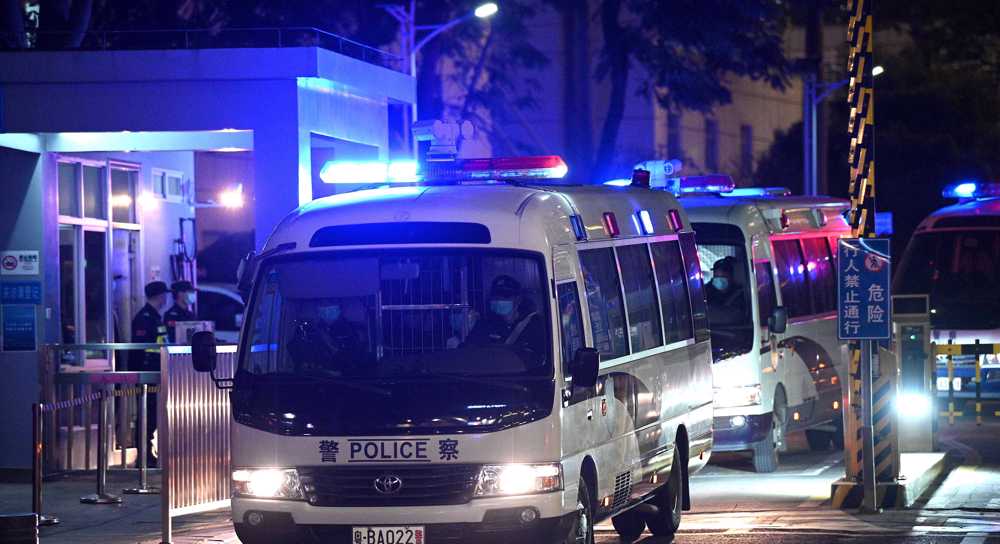


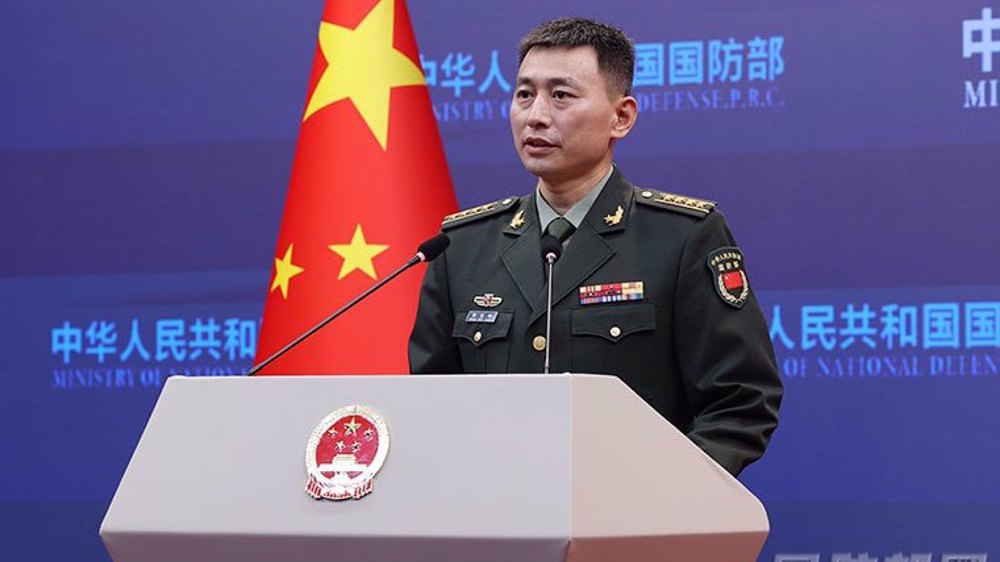
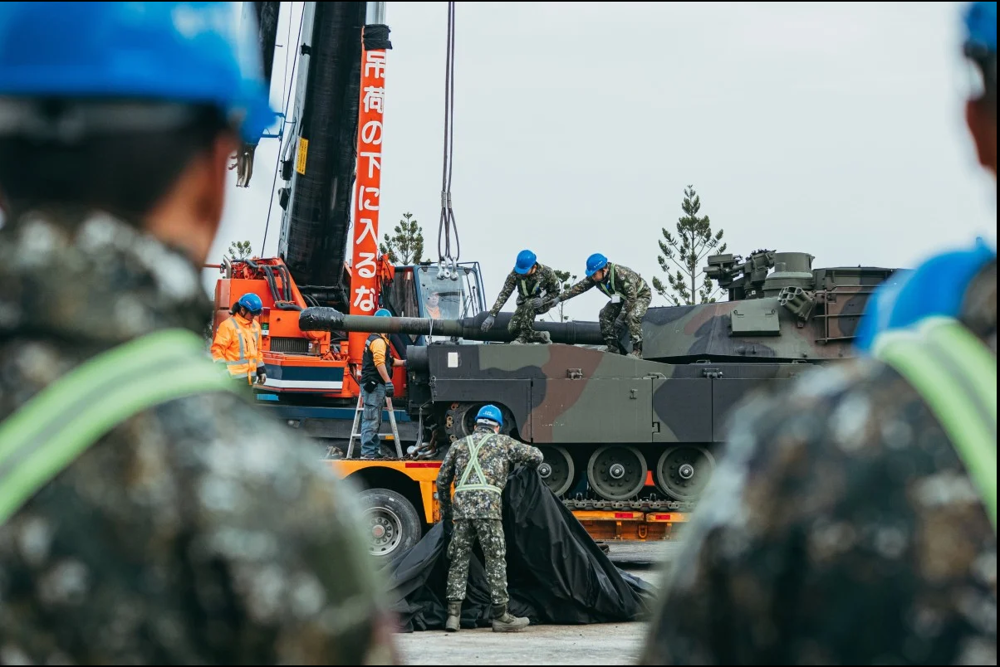




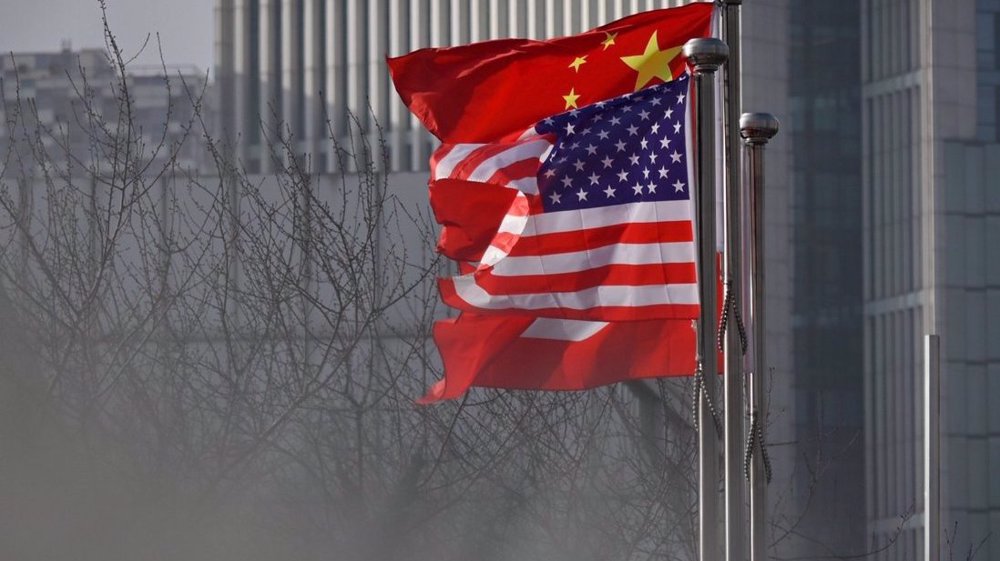
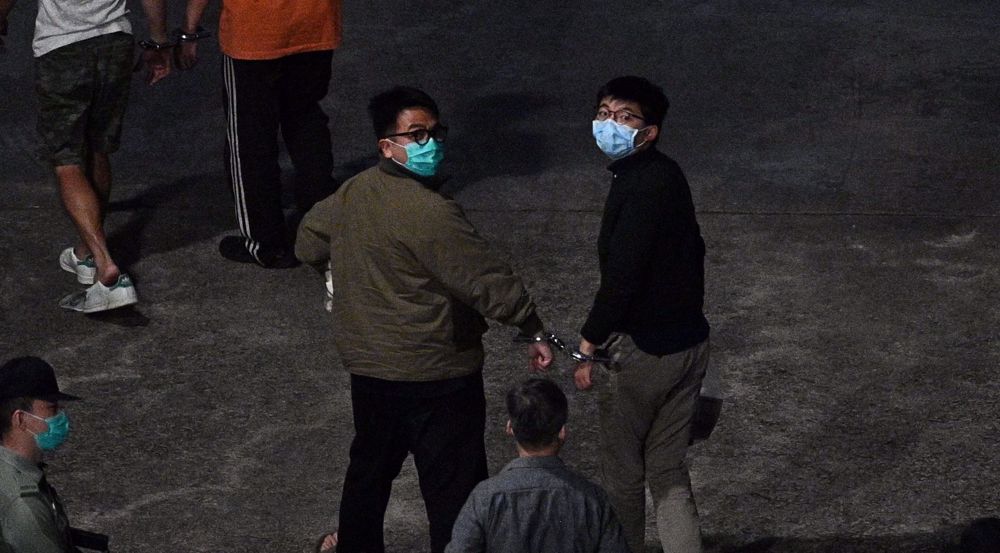


 This makes it easy to access the Press TV website
This makes it easy to access the Press TV website